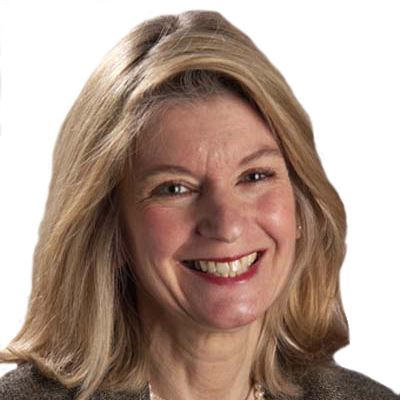
TERRY TAYLOR
Biography
Terry Taylor grew up in Philadelphia, Pennsylvania. Taylor began working for the AP in 1977 when she took a job in the Philadelphia bureau. There, she honed her craft and took advantage of all the different roles she was asked to play, becoming confident in whatever they needed her to do. Taylor then dreamed big. On the yearly “dream sheets” the AP handed out, a reflection of one’s work over the past year and where one sees themselves moving forward as an employee of the AP she said she wanted to work in sports at the New York headquarters of the AP.
Eventually she was offered the position and “the rest is sort of history.” She did everything at the AP from 1981-92, before becoming sports editor of the wire service in 1992—a position she held for the next 21 years.
Interviewed by Joe Atmonavage in 2014
If anyone had told me that I was going to spend a career in sports journalism, I would have never believed it. The little things you do as a little kid, you don’t realize the value until later in life.
I was an only child. I grew up without any brothers or sisters, but I had two cousins who lived next door and one was closer to my age than the other. We were just a year apart. I just wanted to be like them. You wanted to like what they liked and share their interests.
I liked sports too. I took an interest in it because I wanted to like what he liked. That was everything from baseball to football to hockey to then just being the guinea pig when someone would build a go-kart and they would stick me in it and push me down the street.
You just sort of get involved. When they weren’t around, god bless my little heinous transistor radio. I don’t even think they make those anymore. But I had this little radio and I would sit on the porch and listen to Phillies games ad nauseam.
It wasn’t just Phillies. The Pirates won more so I liked them more than the Phillies. When the Pirates got to the World Series, the nuns would let us out early at Catholic school so you could get home to watch it. That was always a treat for me.
We also had a lot of newspapers in the house. I remember the sports pages were sort of on top of the pile. I remember headlines in the papers on the Eagles, who were hideously bad. It was always around. It was always apart of my life. You fall into it as most kids do.
In the local paper, it was Ray Didinger. He is still involved in sport’s broadcasting in Philly to this day. He wrote sports for my local newspaper growing up, the Delaware County Times.
Didinger sports copy just captivated me. I told him when I saw him years later that I wanted to marry him when I was a kid. I can tell you, the other thing was, I was a long-time subscriber to Sports Illustrated.
They just weren’t sports stories to me they were people stories. Sports Illustrated had some of the best people stories and I wanted to read about people and I happened to like sports. I had a long-time subscription.
I always knew I wanted to write. Not so much editing, but I wanted to write. So, I knew I was going to take that path. I went to Temple University. I didn’t work in sports; I worked on the news desk [of the school paper] there all four years.
I worked in news and this is where I really hit the jackpot. I knew sports and I paid attention, but I took a news path, which always served me well. News is sports and sports is news. It was invaluable to have that news background.
Editors were really tough on each other. Nobody pulled any punches. Nobody had any qualms about taking back copy and giving criticism.
Writing news really gave you a sense how to work with government and police, how to get both sides of every story, and your basic fundamentals of journalism
I stuck my hands in sports when I went down to the Charlotte News; that was my first real job after college. During college, I had an internship at the Philadelphia Inquirer. They were great to me. My junior year, they took me on and kept me on as a stringer and when I graduated, Gene Foreman, the managing editor, was terrific to me.
The Charlotte News was the afternoon paper. The Charlotte Observer was the big mighty morning paper. Foreman put in a good word for me there. I went down to Charlotte and covered schools.
But on Saturday mornings, I would go in and re-write sports copy. They needed someone to do it and I kind of knew what I was doing so I did it. So I kept a hand in it that way. Then I had some friends back in Philly who said there was an opening at the AP in Philly.
I took the AP job up in Philly after working in Charlotte for three years. It was great covering schools, but I moved back north to the AP and it was a start of a real love affair. I had a wonderful career with the AP.
I was at the AP in Philly from 1977-81. I know it was ’77 because Marquette beat Carolina in the Final Four that year. I did what everyone else does the AP: everything.
You wore all kinds of different hats. In that bureau, you were expected to be able to do any job. You worked the broadcast desk, handled news, edited news and handled sports.
I was not the sports person at the time. I handled football on Saturdays. It was enormous fun. You had to be quick and right and god help you if you got the score or a name wrong.
It was a great training ground. I was eventually an editor during the day and then a night supervisor. You handle everything from train wrecks to mob killings to Phillies games. You did everything. It was enormously valuable training for me.
The AP used to send around these things called “dream sheets” once a year to tell them how you liked your job ad what it is you would like to do in your future with the AP.
So kind of as a joke, I said I would like to work in New York sports after only being in Philly for about a year. I never thought anyone would ever look at this. A couple months later, Wick Temple asked if I wanted to come to sports in New York. I was floored. I told him I didn’t think anyone ever looked at those things. I wasn’t ready.
This is kind of embarrassing. At the time, in my mid-20s, I had braces, and I was paying a lot for these braces. I just thought, “I can’t move New York. How am I going to afford my braces? I’m never going to be able to do this.” I said no to the opening. I kind of blew them off. I was afraid they would never ask me again, but they did.
After three years in Philly, they came back to me and I took the job. I finally got up there and the rest is sort of history. I wasn’t new to the game for being a woman in sports at the AP. The AP had women working in that department long before I got there. There may have never been more than one, but there was always a woman in New York sports. It wasn’t like I was this new animal.
…
It would be hard me to pinpoint just one [favorite] story during my time as editor. I spent most of journalism career in New York, from 1981 to this past September (2014) so there were a lot of stories. One of the biggest things on the desk for me was when Bear Bryant died. Pete Rose took up an awful lot of work. It was a great story. The hit king and then being banned from baseball. All of the nights I was in there for the World Series. I still remember ‘The catch’ with Joe Montana and the 49ers. The whole drugs in baseball (stories) really stuck out. There have been so many wonderful stories that I was involved in.
…
I was privileged to cover 14 Olympics for The AP, as a writer and an editor.
The first - Sarajevo, 1984. Figure skating was my beat. Whoa, did I luck out! Katarina Witt won the women's gold medal and [Jane] Torvill and [Christopher] Dean won dance.
I saw Witt for the first time when I showed up at a practice skate. Never a doubt she was a lock.
Torvill and Dean's steamy Bolero was so riveting, so skillful -- it earned perfect scores -- that I never bothered watching ice dancing again. To this day.
I worked as an editor at every Olympics thereafter. My first Games as sports editor was Lillehammer in 1994 - better known as the Tonya Harding-Nancy Kerrigan faceoff.
At AP, Olympic coverage wasn't just credentialing, it was handpicking the staff, visiting the site several times, securing rooms and transportation for what amounted to a three-week assignment and coordinating with other departments.
All told, it was more than 200 people, including 75 or so reporters and editors. But it was more than logistics; it was directing the coverage and the stories themselves.
My predecessor, Darrell Christian, turned it into a real hands-on operation. My coverage blueprint was based on his model - assemble the best crew possible, make it abundantly clear we needed fast, accurate, detailed, descriptive writing, and let 'er rip.
The games were the biggest thing we covered. You could argue World Cup but Olympics trumped it because there were more countries, more events, more athletes with more stories.
Some Olympic memories:
I never wanted to cover another Olympics after Seoul in 1988. Thank you, Ben Johnson. AP's Rome-based athletics writer, Enrico Giacomini, broke the doping story that consumed the games after the midway point. It was exhilarating and exhausting and, after a good night's sleep when I got home, I wouldn't have traded it for anything.
I had just returned to my room for the night in Atlanta, 1996, when I heard a blast outside. I ran for the elevator, where I met a Reuters photographer who said, "I covered Northern Ireland for a long time. That was a bomb." We ran for the press center and managed to get in before it was locked down. I don't think I saw my room again for a couple of days. Of course this was the Centennial Park bombing, which killed one person and injured more than 100 others.
Salt Lake City, 2002, hosted a terrific Olympics that hardly gets mentioned by anyone for two reasons: It was the first one after 9/11 and everyone was pretty shaky and a figure skating judging scandal unfolded and swallowed up the entire Winter Games. It was unfortunate. The organizers did a good job.
Talk about fear. Preparations for the Athens Games included classes on how to react and save yourself during a terrorist attack. The AP made those classes mandatory for its global staff. Many other media outlets did the same. I don't recall a single editorial staffer begging off the assignment. We got in and out just fine. And despite our misgivings, Athens was mostly ready when the games began.
China was a wonder with some twists - like the young woman who was the "hall monitor" on my floor in the hotel. She kept a log of who came and went from rooms. We know this because a colleague looked at the woman's tablet when she walked away.
London was my last stop. I sort of knew it would be. I had the best job in the world at AP. I hope everyone who follows me regards it the same way - and has the time of their life.
…
I am not sure when sports journalism began to change, but television really changed how you did it. It changed what you focused on and how you got it out. Speed and accuracy were always hallmarks of the AP and in any good news outlet. You wanted to break news and get it out first, but you also wanted the story no one else had.
What you really wanted to do was story- tell and get that story that no one else had. It wasn’t just Jim McKay and Wide World of Sports on Sunday afternoon anymore.
TV was playing an extremely important role in the coverage of sports journalism. It expanded what we could see and the opportunities to see more events. You really had to keep that as a competitor and tried to get something as compelling.
…
I never imagined this life. As I said, I just sort of fell into it because I happen to be in the right place at the right time and knew sports. It just fell into place.
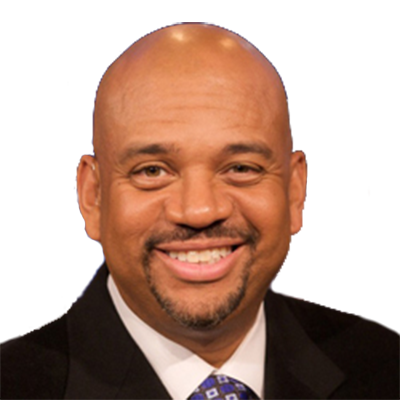 Michael Wilbon
Michael Wilbon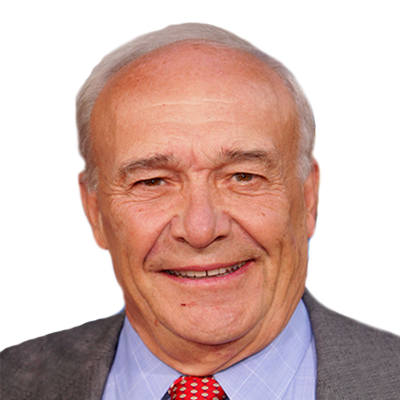 Bill Nack
Bill Nack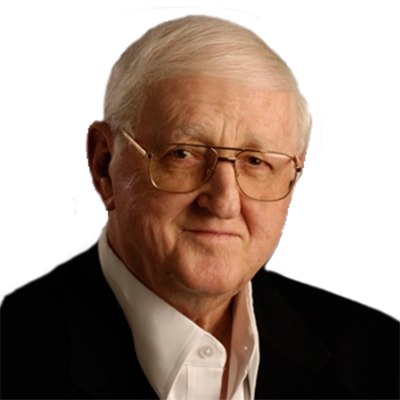 Dan Jenkins
Dan Jenkins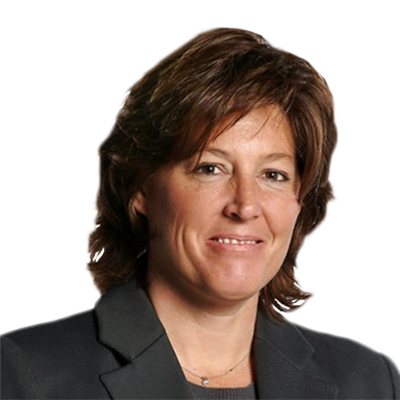 Sally Jenkins
Sally Jenkins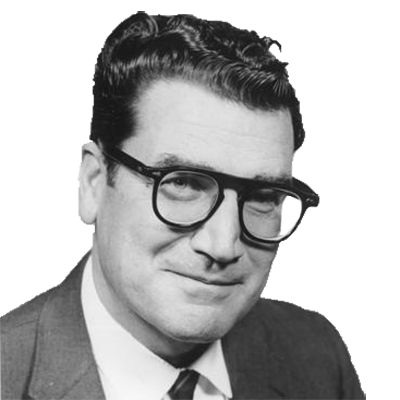 Jim Murray
Jim Murray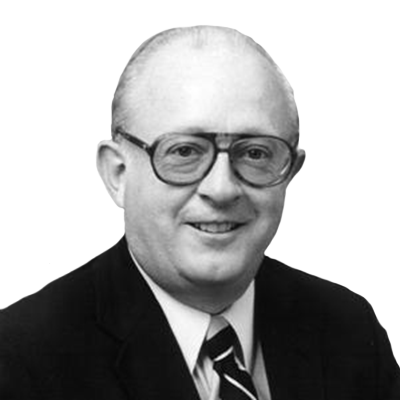 Dave Anderson
Dave Anderson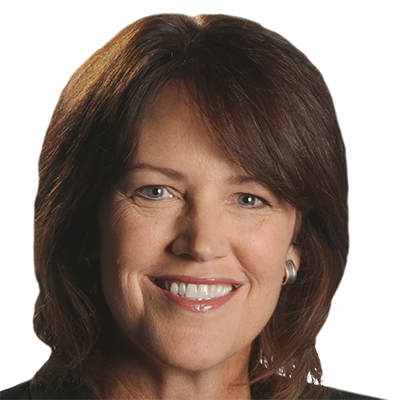 Christine Brennan
Christine Brennan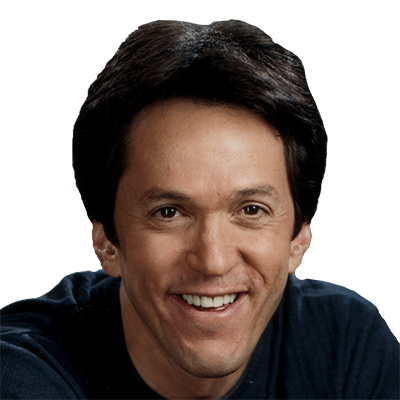 Mitch Albom
Mitch Albom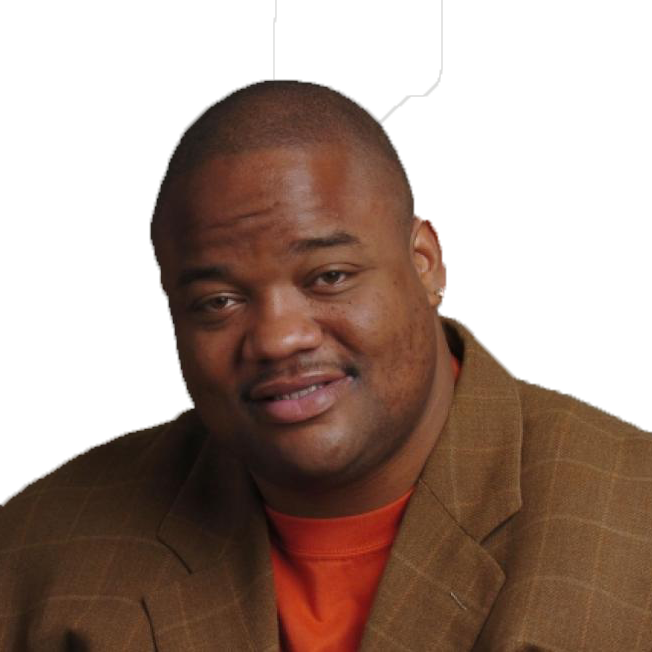 Jason Whitlock
Jason Whitlock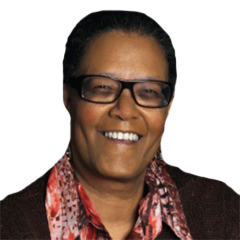 Claire Smith
Claire Smith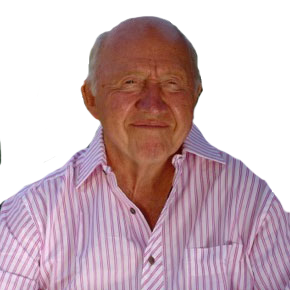 Bud Collins
Bud Collins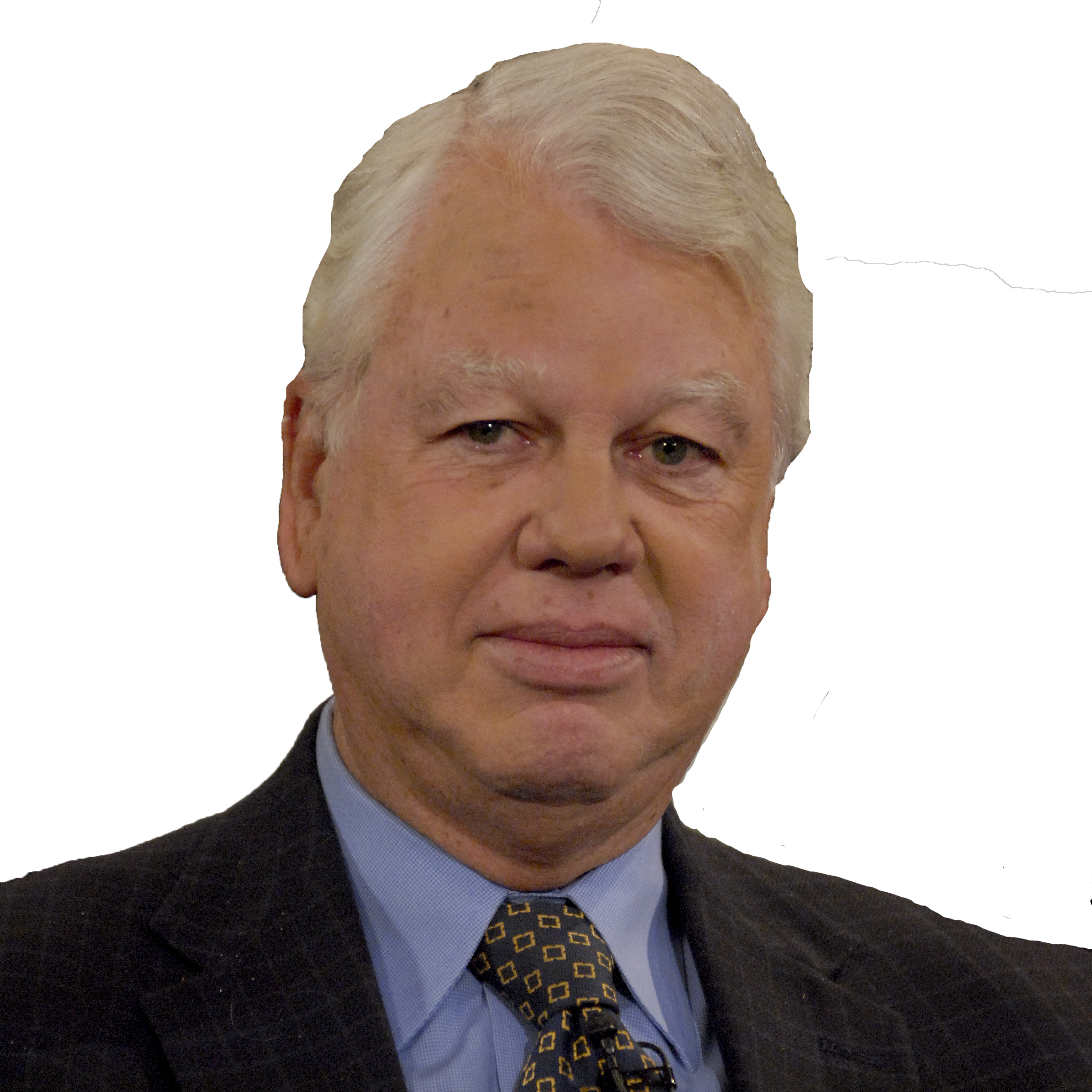 Bob Ryan
Bob Ryan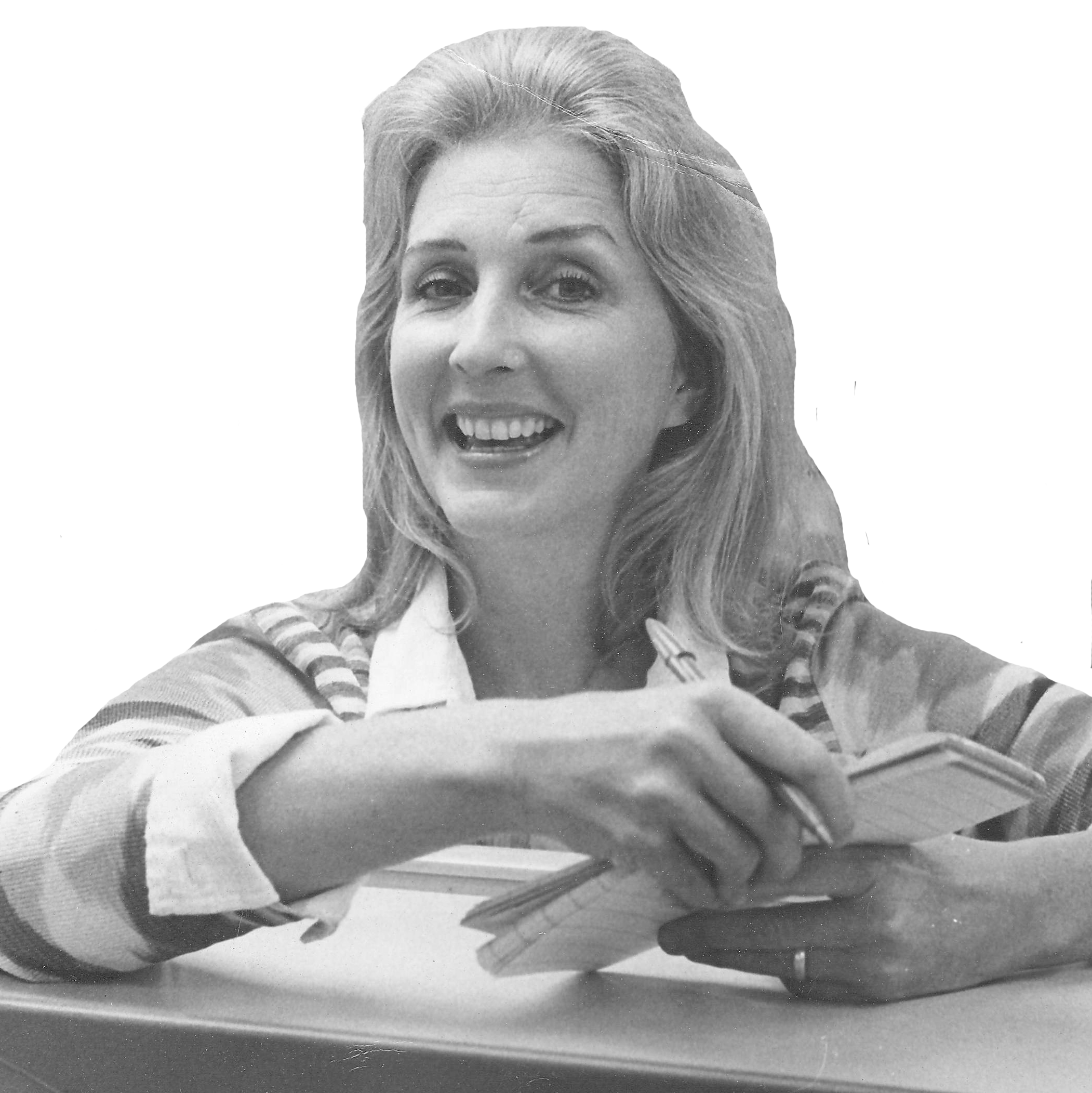 Joan Ryan
Joan Ryan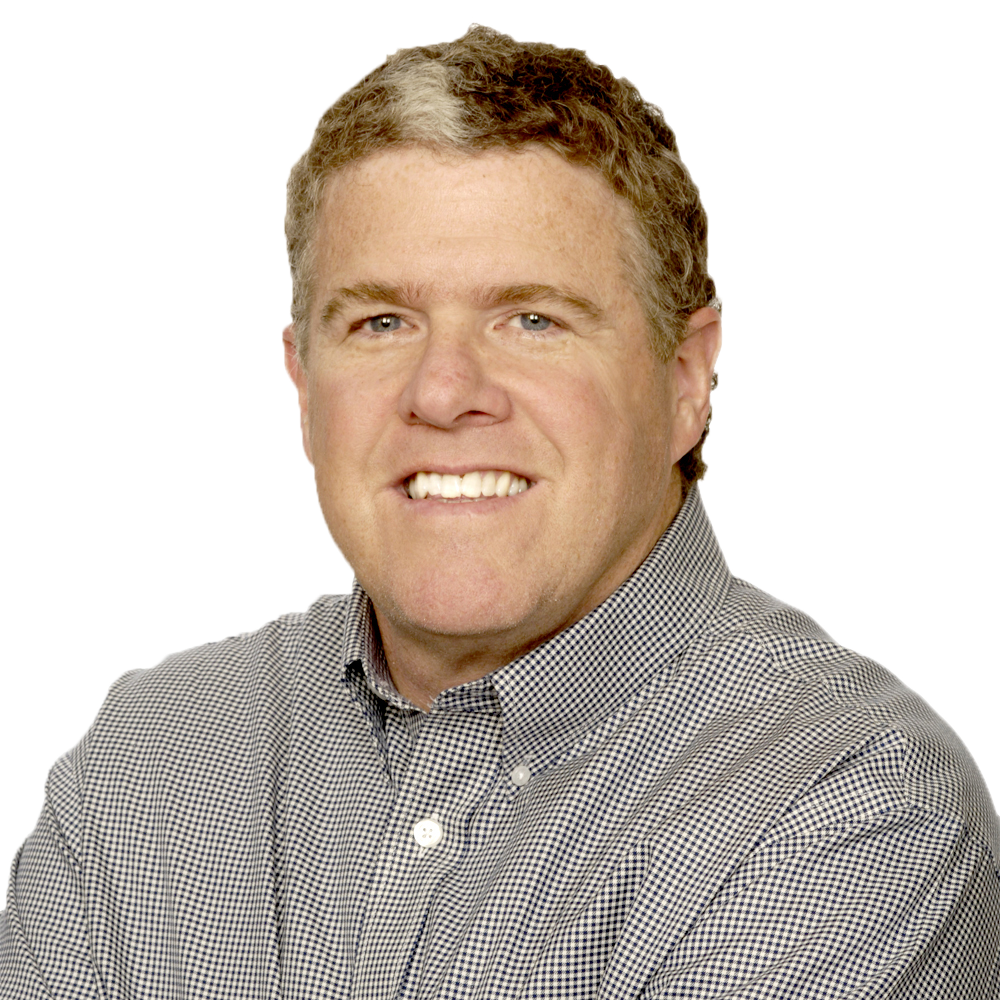 Peter King
Peter King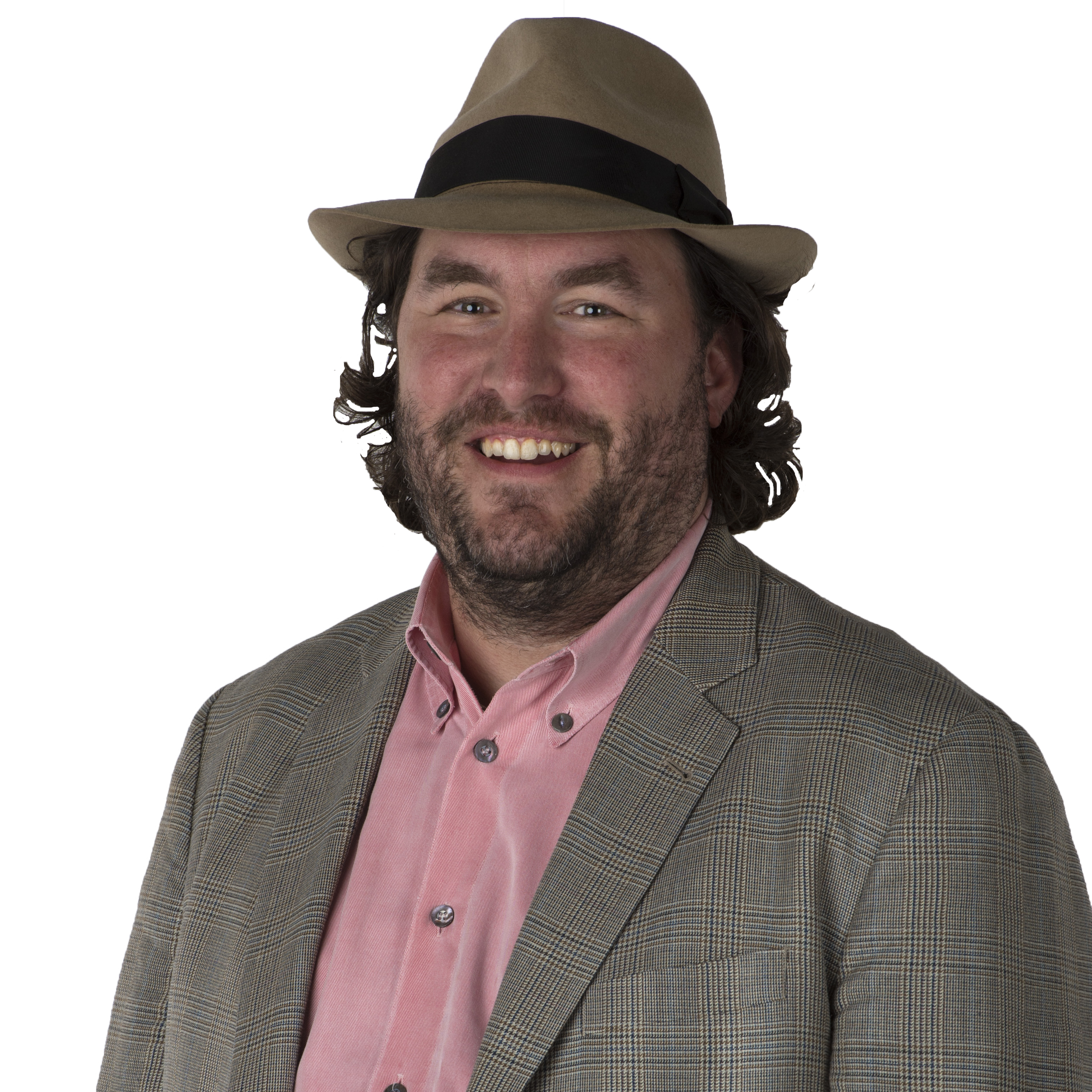 Wright Thompson
Wright Thompson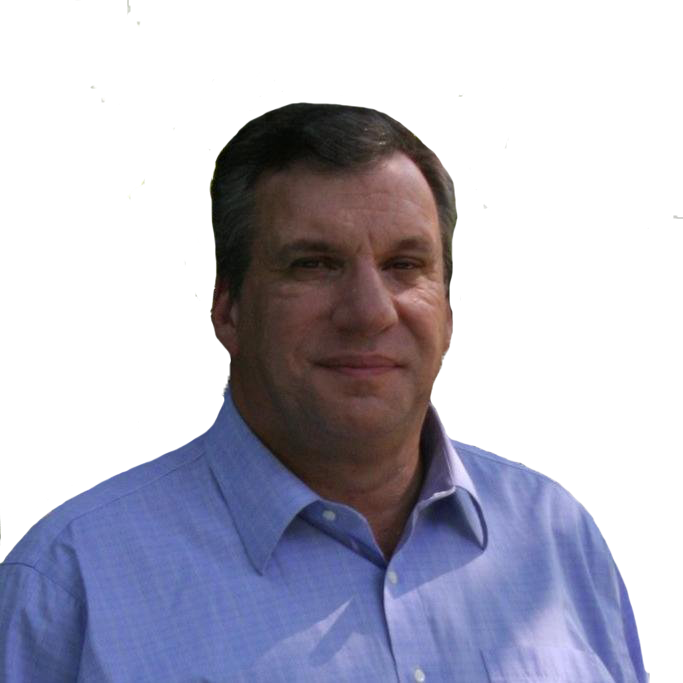 John Feinstein
John Feinstein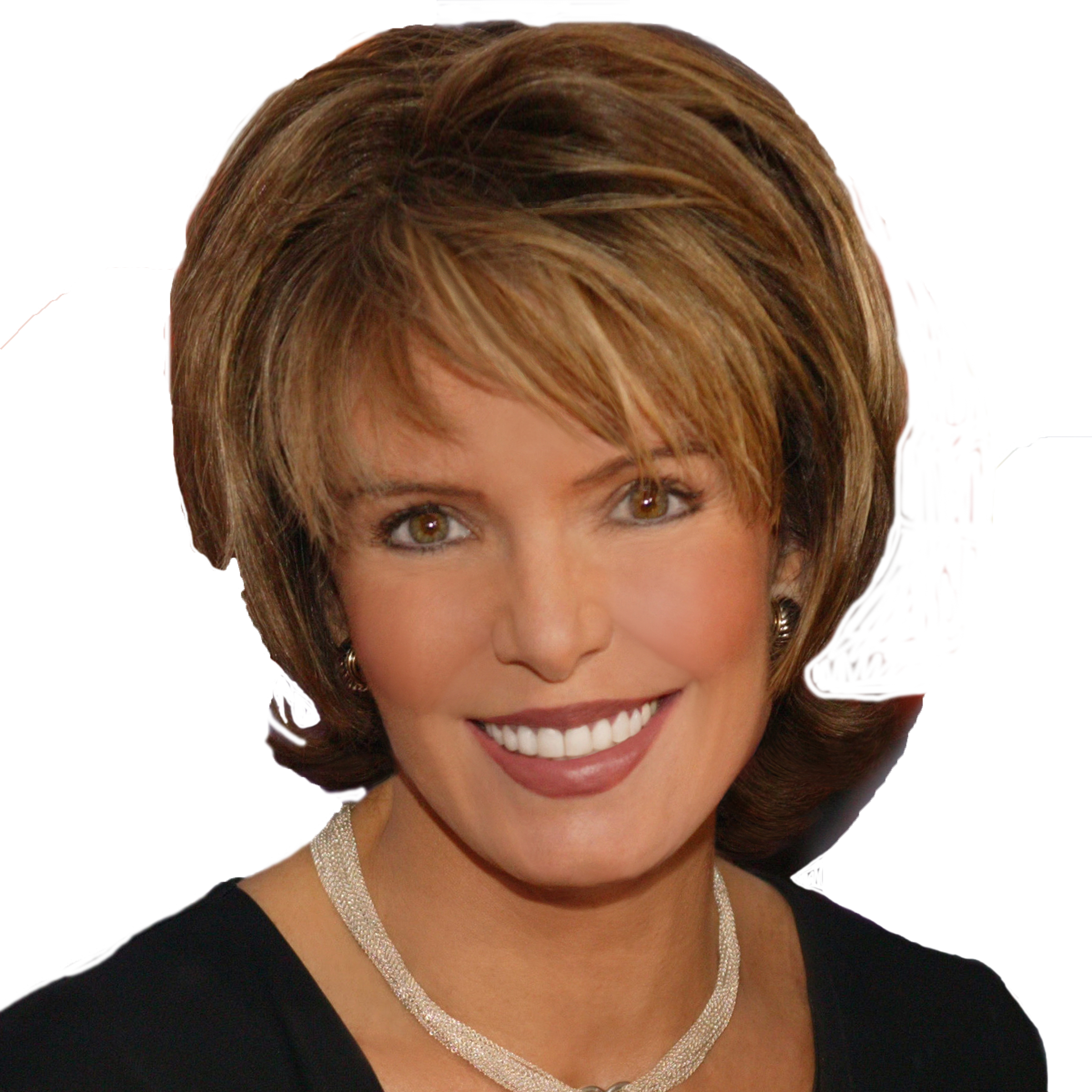 Lesley Visser
Lesley Visser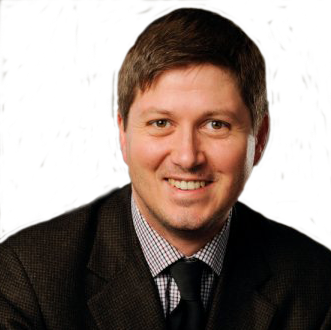 Will Leitch
Will Leitch Tim Kurkjian
Tim Kurkjian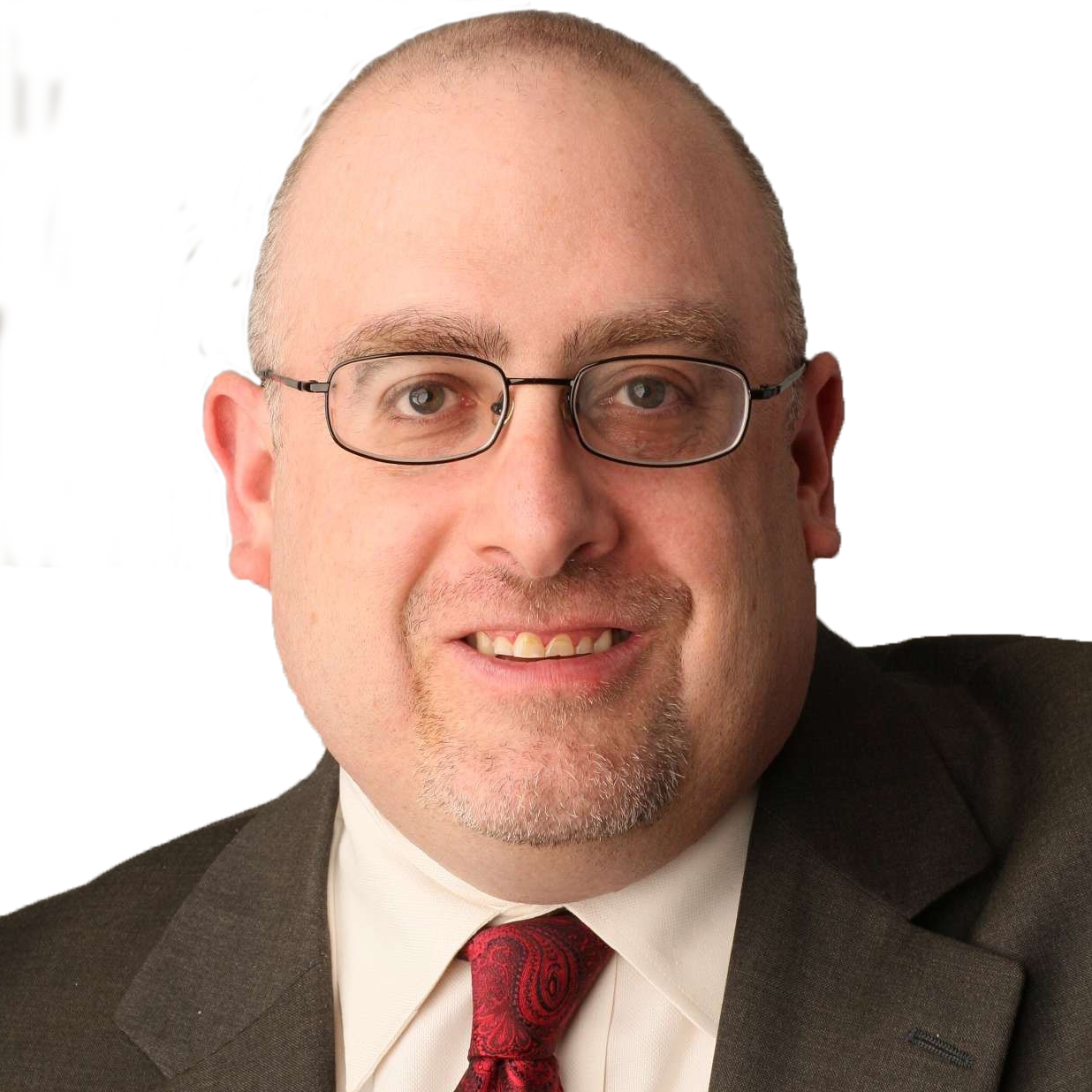 Joe Posnanski
Joe Posnanski
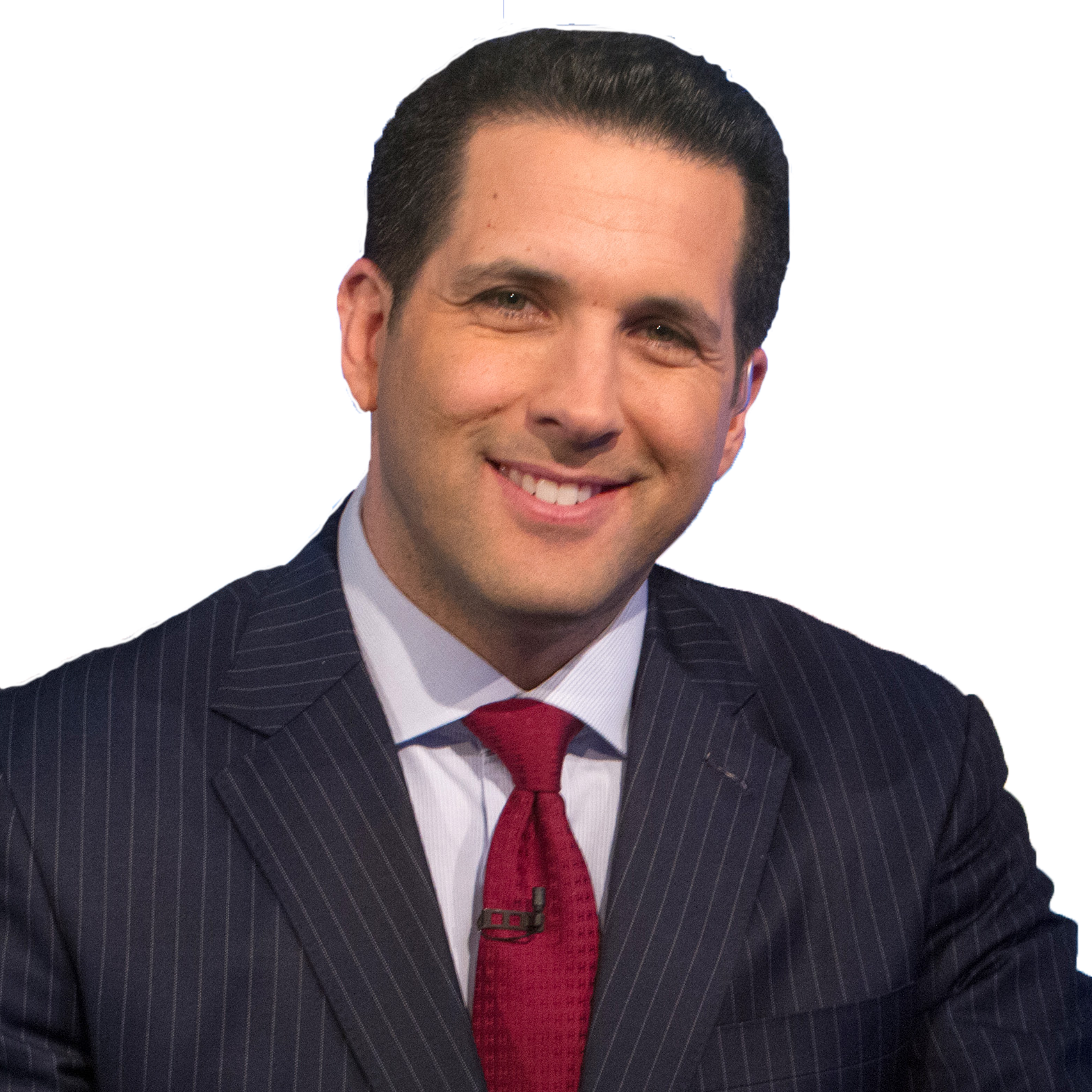 Adam Schefter
Adam Schefter
 Terry Taylor
Terry Taylor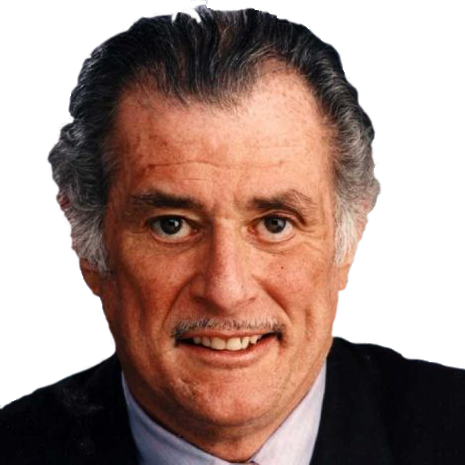 Frank Deford
Frank Deford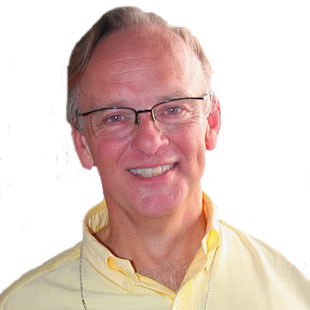 Tom Boswell
Tom Boswell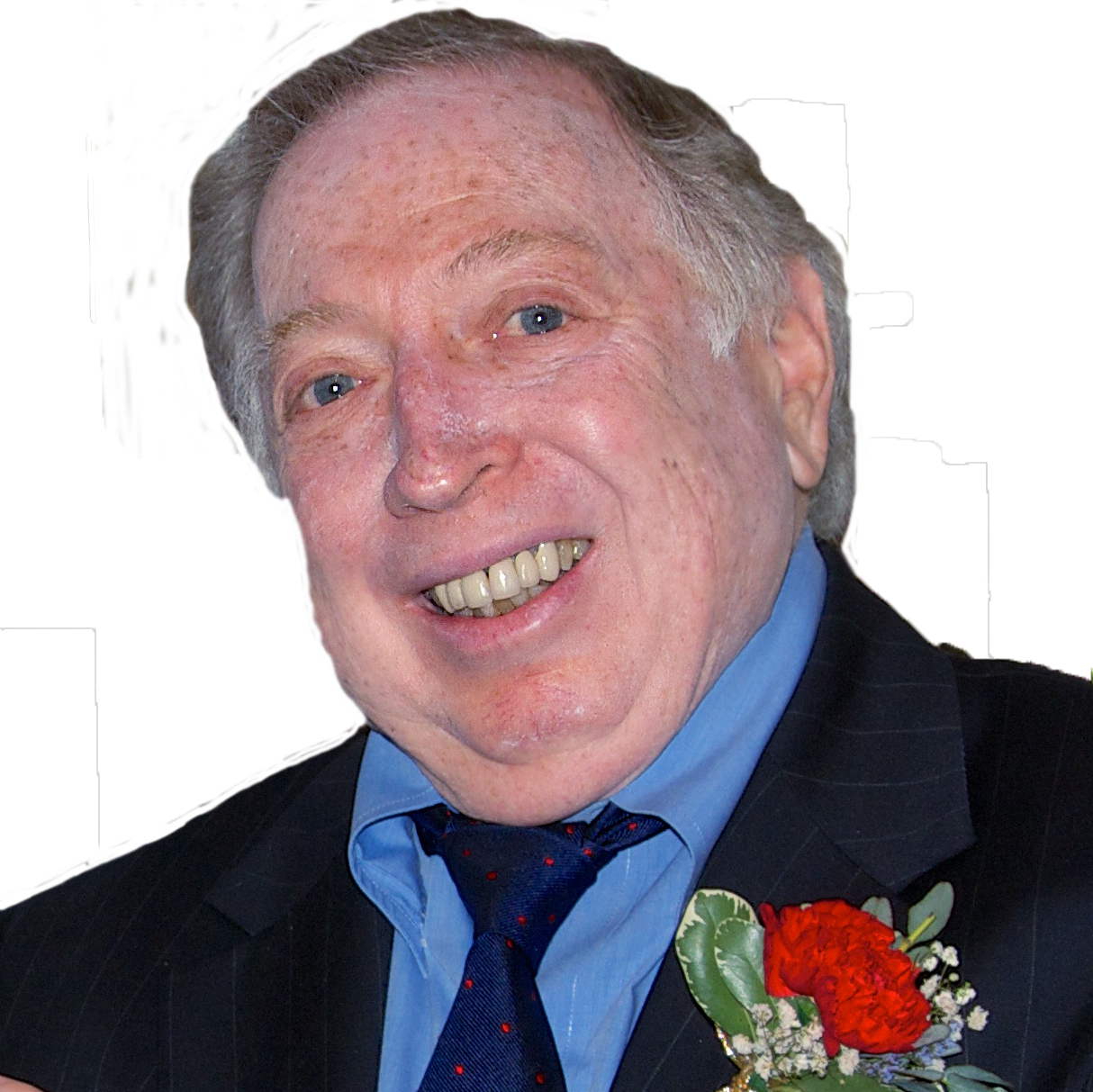 Neil Leifer
Neil Leifer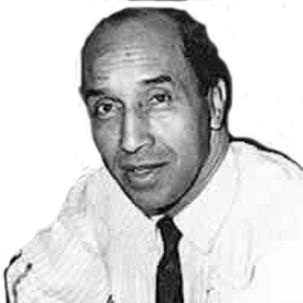 Sam Lacy
Sam Lacy Jane Leavy
Jane Leavy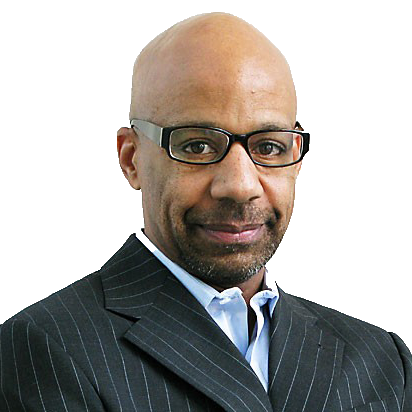 Kevin Blackistone
Kevin Blackistone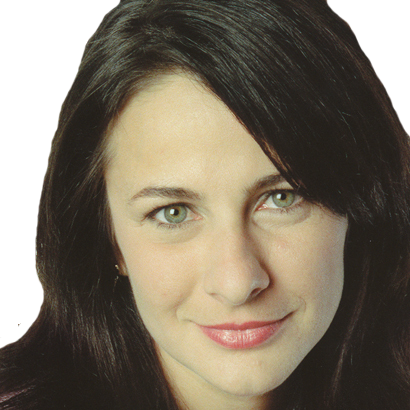 Juliet Macur
Juliet Macur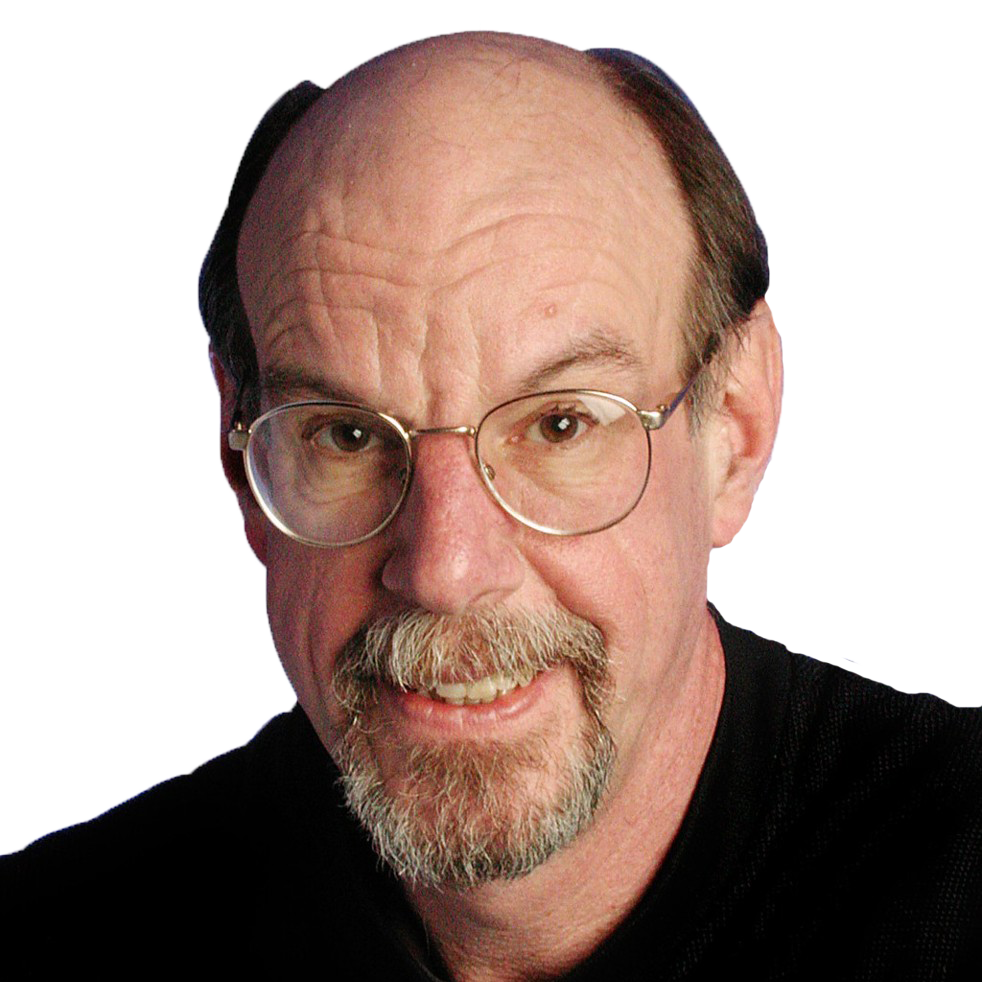 Andrew Beyer
Andrew Beyer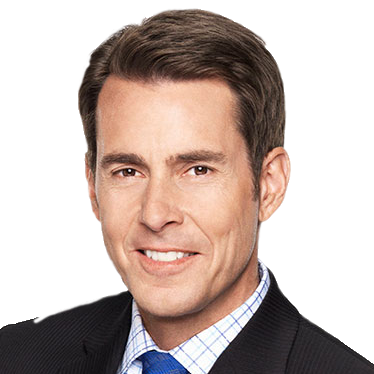 Tom Verducci
Tom Verducci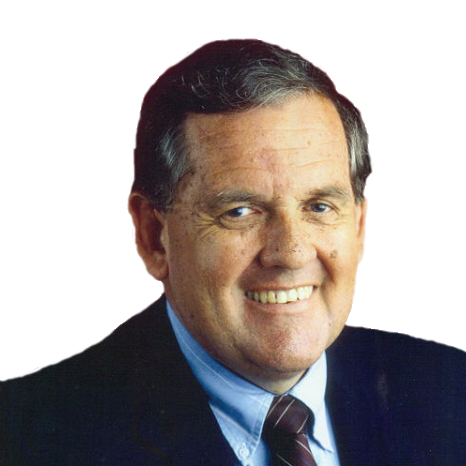 Hubert Mizell
Hubert Mizell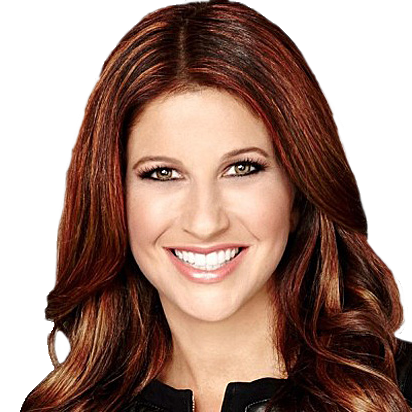 Rachel Nichols
Rachel Nichols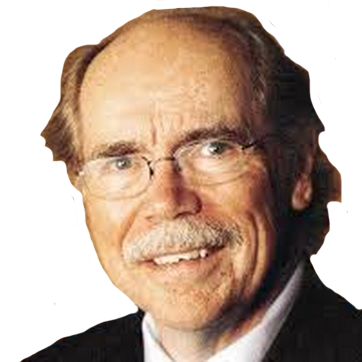 Dave Kindred
Dave Kindred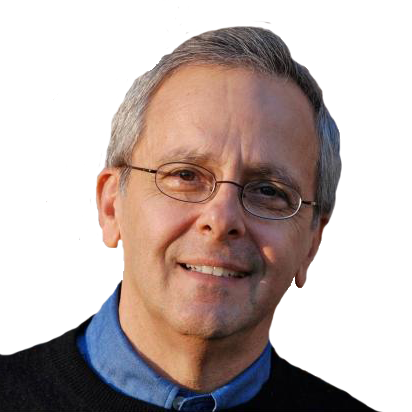 Mike Lupica
Mike Lupica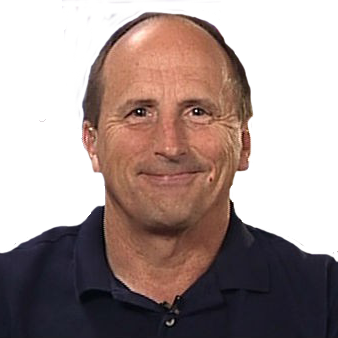 Richard Justice
Richard Justice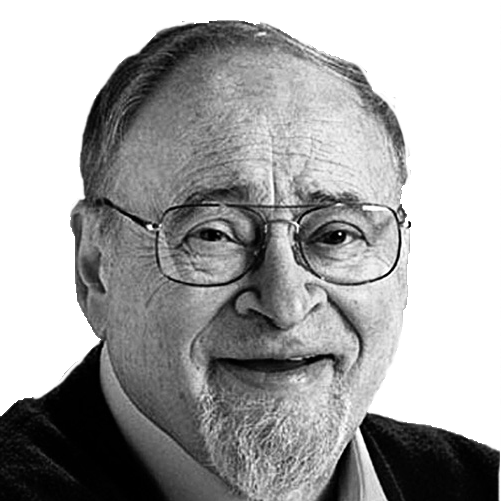 Jerry Izenberg
Jerry Izenberg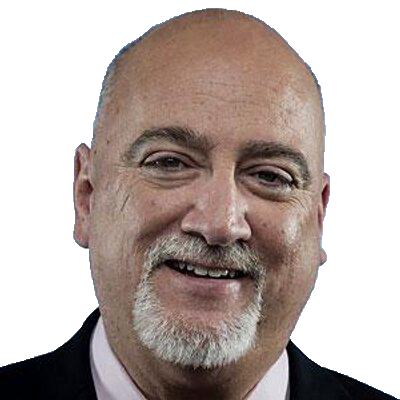 Bill Plaschke
Bill Plaschke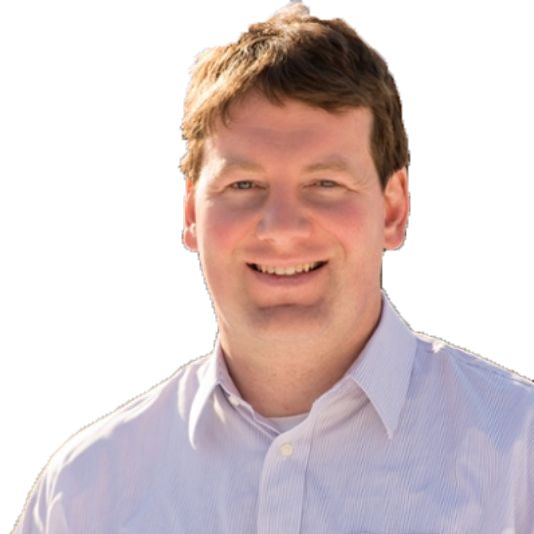 Kevin Van Valkenburg
Kevin Van Valkenburg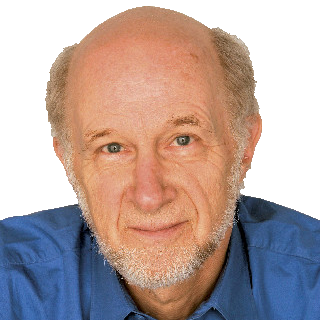 George Vecsey
George Vecsey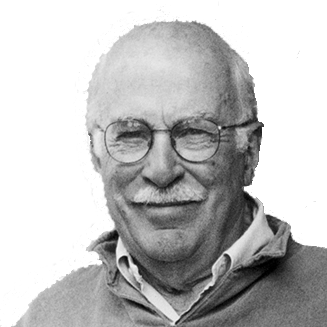 Roger Angell
Roger Angell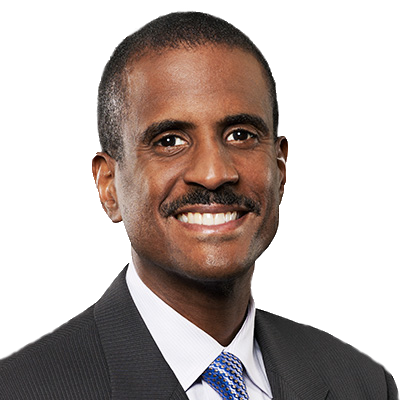 David Aldridge
David Aldridge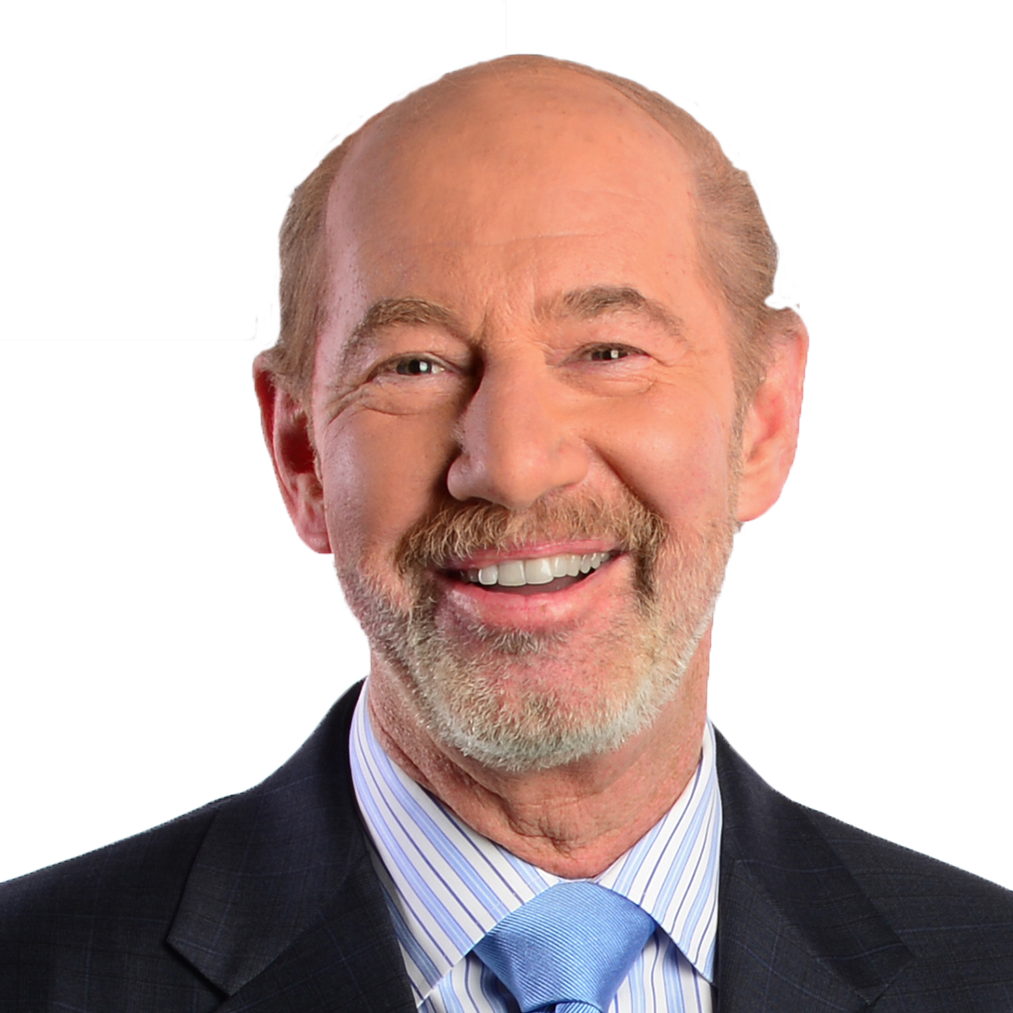 Tony Kornheiser
Tony Kornheiser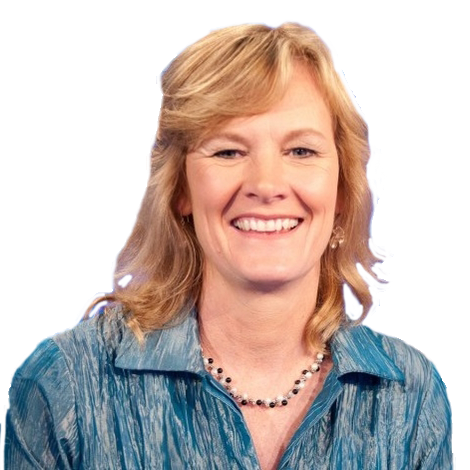 Jackie MacMullan
Jackie MacMullan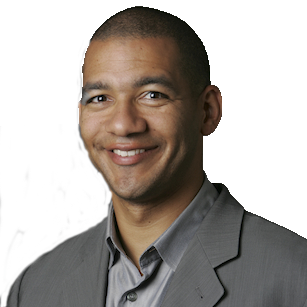 J.A. Adande
J.A. Adande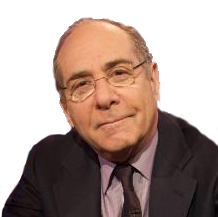 Robert Lipsyte
Robert Lipsyte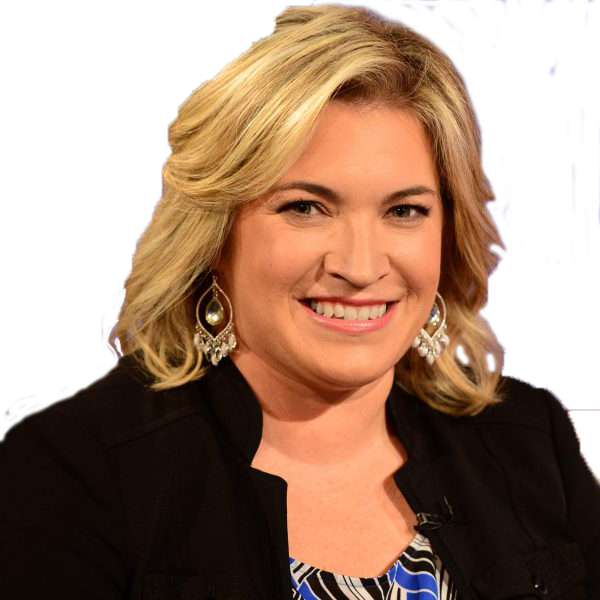 Ramona Shelburne
Ramona Shelburne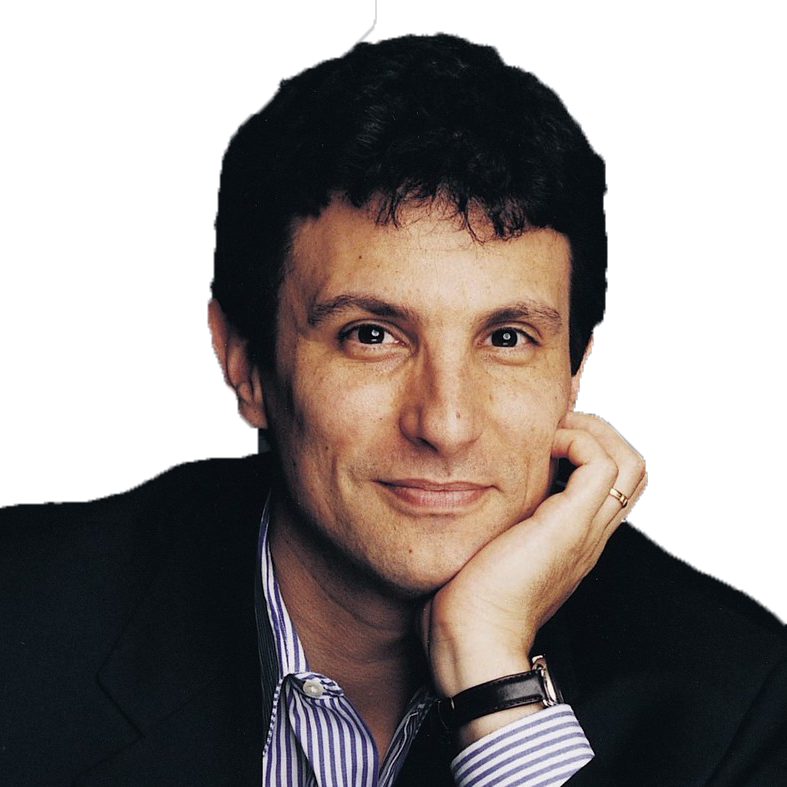 David Remnick
David Remnick Bryan Curtis
Bryan Curtis Chuck Culpepper
Chuck Culpepper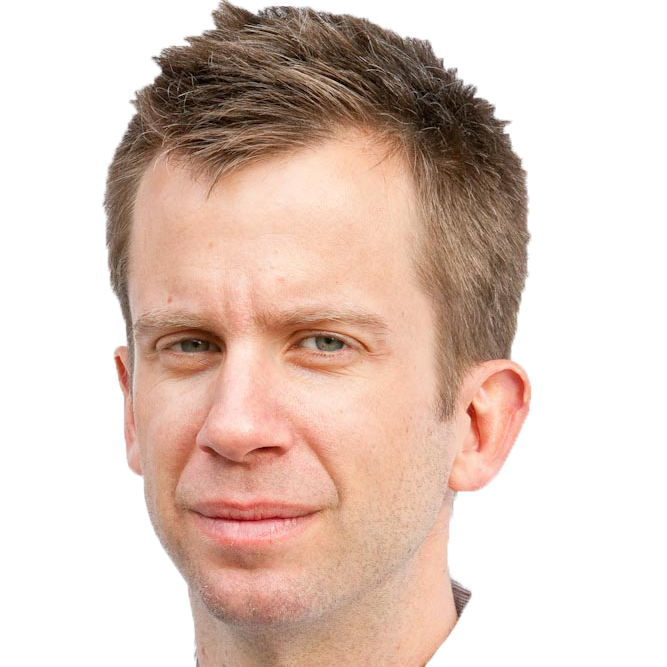 Jason Gay
Jason Gay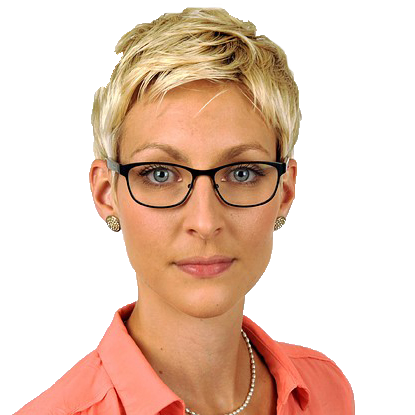 Heidi Blake
Heidi Blake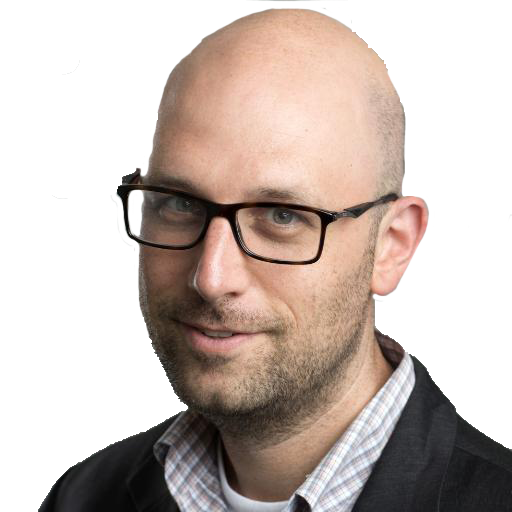 Dan Steinberg
Dan Steinberg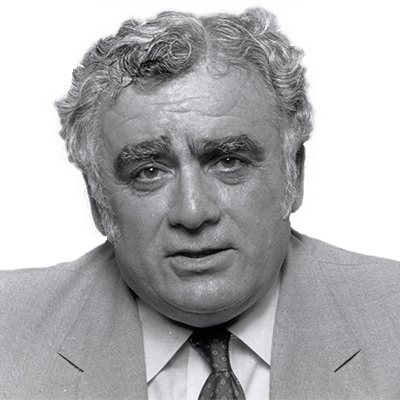 Jerome Holtzman
Jerome Holtzman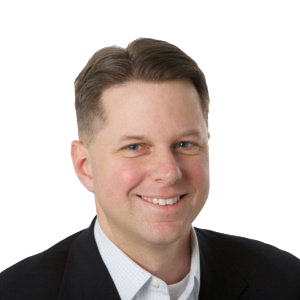 Barry Svrluga
Barry Svrluga
